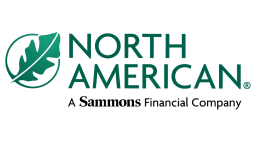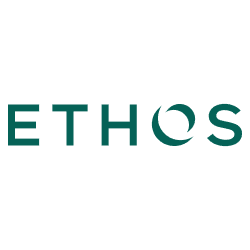Universal life insurance offers permanent coverage with the flexibility to adjust premiums and death benefits as your financial needs change. These policies also include a cash value component that can grow over time and be used to support long-term goals.
To identify the best universal life insurance companies, we evaluated policies from leading insurers based on premiums, financial strength, customer satisfaction, and coverage options. The best choice for you depends on how you balance affordability, protection, and long-term value.












